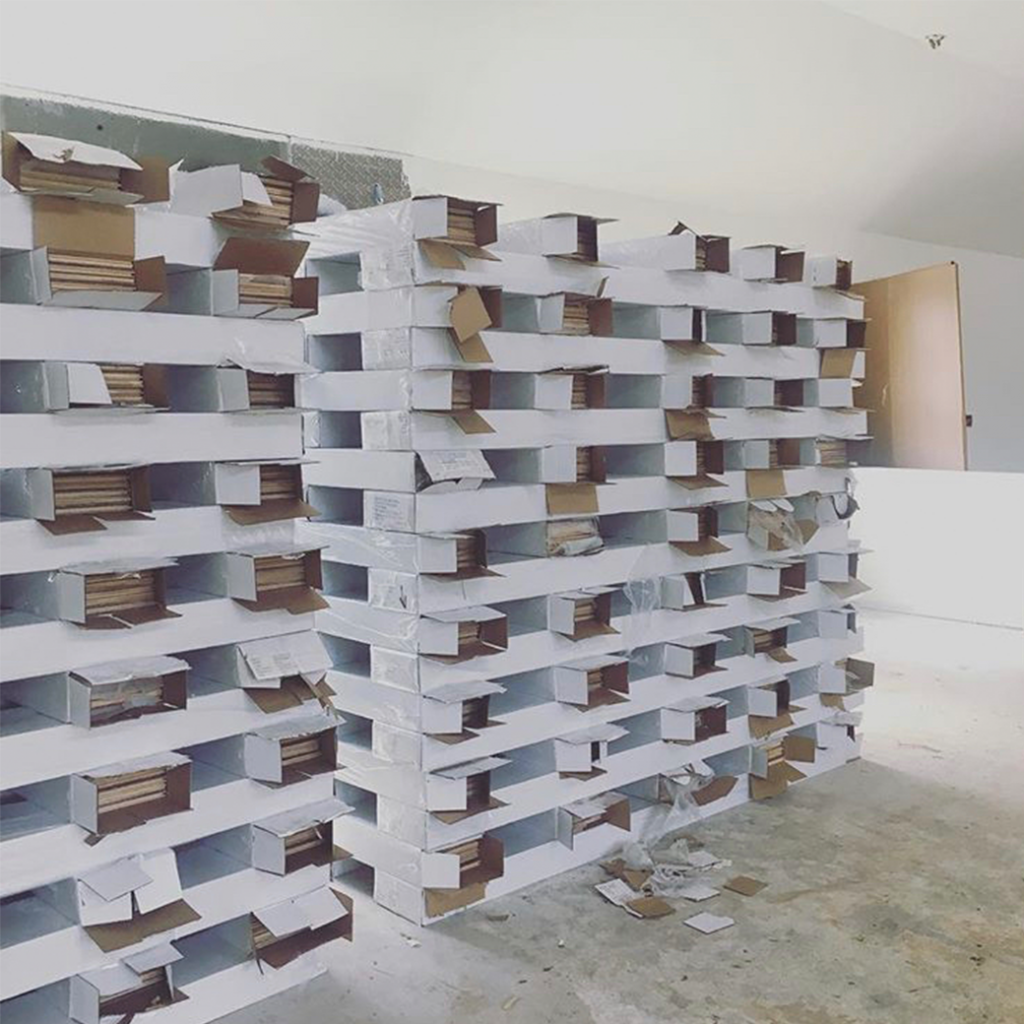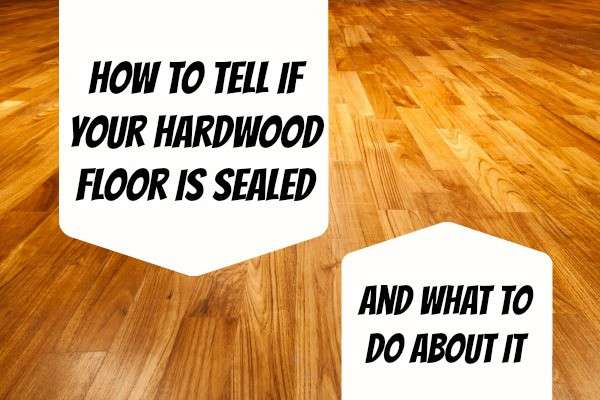Imagine stepping into a home, the sun streaming through the windows, illuminating gleaming hardwood floors that seem to glow with warmth and a sense of history. It’s a vision many dream of, but often, the worry arises: “Do my hardwood floors really need sealing?” The answer, as with many things, depends on the individual situation.

Image: mromavolley.com
Hardwood floors, prized for their beauty and durability, are a significant investment. Yet, their natural beauty is delicate, and without proper care, they can easily fall prey to wear and tear. This is where sealing comes in – a crucial step in protecting your investment and ensuring those floors remain stunning for years to come. In this article, we will delve into the intricate world of hardwood floor sealing, unraveling myths, examining its necessity, and empowering you with the knowledge to make the best choices for your home.
Understanding the Purpose of Sealing
Hardwood floors are crafted from natural wood, a material that is susceptible to various elements. While beautiful, wood’s porous nature makes it vulnerable to stains, scratches, moisture damage, and even fading from the sun. This is where sealants come in, acting as a protective barrier between the wood and the world.
Sealing your hardwood floors serves three primary functions:
- Protection: The sealant creates a protective layer that shields the wood from spills, scratches, and dirt. This is particularly crucial in high-traffic areas like kitchens and hallways.
- Enhancement: A sealant can enhance the natural beauty of your hardwood floor, accentuating its color and grain pattern, adding a touch of elegance to any room.
- Durability: A properly sealed floor will last longer, resisting the wear and tear of everyday life, preserving its beauty for years to come.
Types of Sealants: A Deep Dive
Choosing the right sealant for your hardwood floors is crucial. There are several types, each with its unique properties and applications:
- Polyurethane: This is the most common type of sealant, known for its durability, resistance to scratches, and water-repellent properties. It comes in both oil-based and water-based formulas, each with its own advantages and drawbacks.
- Acrylic: Acrylic sealants are known for their ease of application and fast drying time. They offer good protection but may not be as durable as polyurethane in high-traffic areas.
- Penetrating Sealants: These sealants penetrate the wood, filling in its pores and making it more resistant to stains and moisture. They offer a natural look and are ideal for floors that are not exposed to heavy wear and tear.
- Tung Oil: A natural oil-based sealant that provides a beautiful, warm finish. It’s known for its durability but requires regular maintenance.
- Wax: Traditional wax sealants offer a natural sheen and provide protection against light wear and tear. They require regular reapplication for maintenance.
Do All Hardwood Floors Need Sealing?
Let’s address the core question: Do all hardwood floors require sealing? The answer is: it depends.
-
New Hardwood Floors: Almost all new hardwood floors should be sealed. This is crucial to protect the bare wood during the installation process and to prevent dust and dirt from embedding themselves.
-
Pre-Finished Hardwood Floors: These floors are already sealed at the factory, but you may still need to apply a top coat for additional protection, depending on the type of finish.
-
Existing Hardwood Floors: Existing floors may need to be resealed based on their condition and the type of finish they have. If you notice the floors are becoming dull, scratch-prone, or absorbing spills easily, resealing might be necessary.

Image: home-ec101.com
Factors Affecting Your Decision: The Key to Choosing
When considering whether or not to seal your hardwood floors, several factors come into play:
- Traffic and Usage: High-traffic areas, such as kitchens, hallways, and family rooms, require more protection and therefore, more frequent resealing.
- Wood Species: Certain wood species, like oak, are naturally harder and more durable than others, like pine. This can influence the need for sealing.
- Finish: The type of finish applied to the wood, whether it’s a polyurethane, acrylic, or other sealant, will affect its durability and the need for resealing.
- Your Personal Needs: If you have pets, young children, or are concerned about protecting your floors from spills and scratches, sealing is highly recommended.
- Lifestyle: If you enjoy entertaining and having guests over, consider sealing your floors to protect them from spills and accidents.
Expert Insights: Making the Right Choice
To provide you with the best guidance, we asked an expert, John, a skilled craftsman specializing in hardwood floor installation and maintenance. He shared these insights:
- Seek Professional Advice: John advises that consulting with a professional floor installer or a reputable flooring expert can help determine the best sealant for your specific needs and wood type.
- Don’t Delay: He emphasizes that addressing any issues on your hardwood floors, such as scratches or stains, promptly before they become more severe, is crucial.
- Regular Care: John stresses the importance of regular floor cleaning and maintenance, such as sweeping, vacuuming, and mopping with appropriate cleaners.
Actionable Steps: Protecting Your Investment
Armed with knowledge, you are ready to make informed decisions about your hardwood floors. Here are actionable steps you can take:
- Inspect: Examine your hardwood floors carefully for any signs of wear and tear like scratches, dullness, or water damage.
- Clean: Thoroughly clean your floors to remove debris and dirt, preparing them for sealing.
- Consult a Professional: If you are unsure about the best sealants or the process itself, consult with a professional for guidance.
- DIY vs. Professional: If you’re comfortable with DIY projects, consider doing it yourself, but note that hiring a professional ensures quality results and proper application.
Do Hardwood Floors Need To Be Sealed
In Conclusion: Embracing the Beauty of Hardwood
Hardwood floors embody warmth, elegance, and timeless appeal. Sealing them properly is like investing in their longevity, ensuring they continue to grace your home with beauty for years to come. By understanding the purpose of sealing, the various types of sealants, and the factors influencing your decision, you are empowered to make the right choices for your hardwood floors.
Protect not just your investment but also the charm that wooden floors bring to your home. Embrace the beauty. Embrace the durability. Let your hardwood floors continue to tell their story, captivating generations to come!





